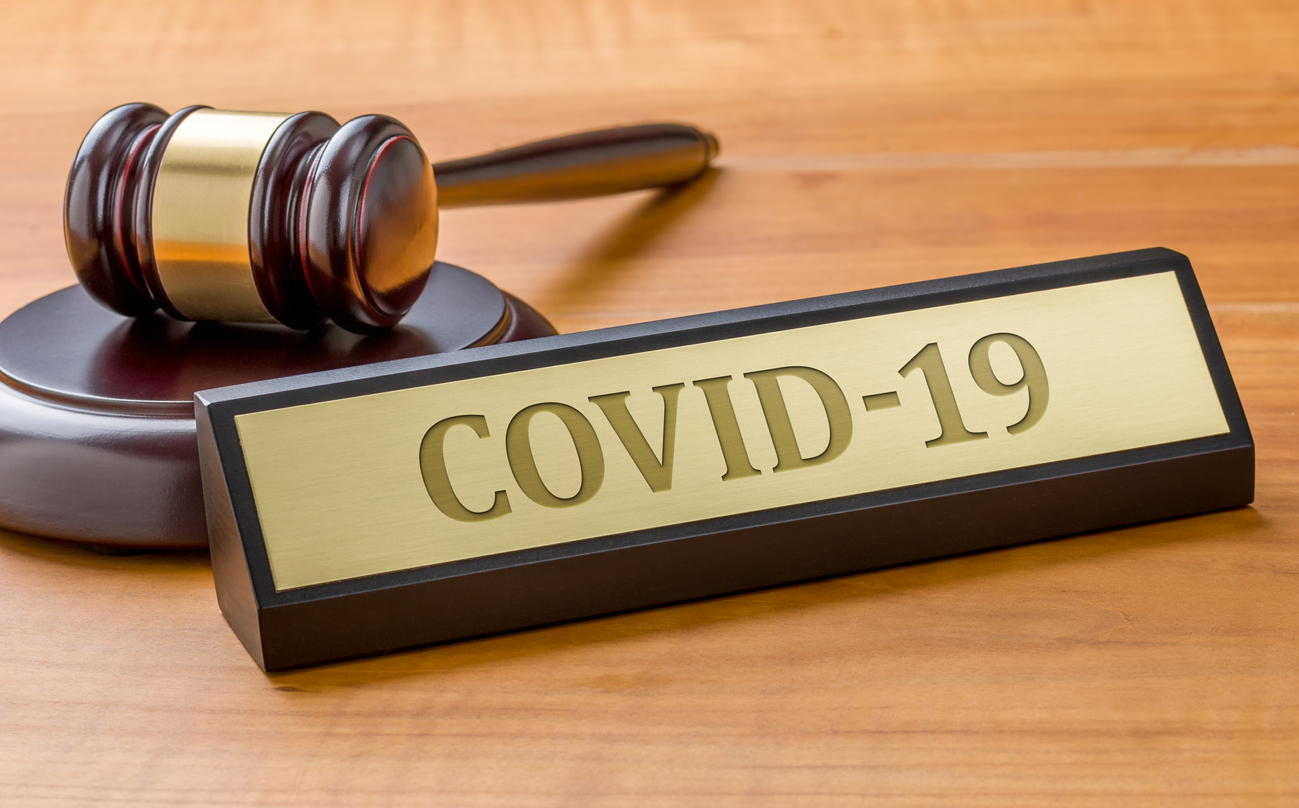Damage to or loss of a home is a devastating experience for policyholders. The stress, time and expense in preparing the insurance claim and attempting to negotiate with an insurance adjuster can be overwhelming. Homeowners who have suffered a large loss spend significant time away from work, family and other commitments—dedicating that time instead to attempting to provide the insurer with the extensive documentation it requires before payment of policy benefits. This is especially true when the insurance company is disputing some aspect of coverage, disputing the value of lost personal property, or denying payment of additional living expenses.
Homeowner’s policies require the insured to document every aspect of their loss, including inventories of lost personal property. This is often a difficult task because most homeowners don’t keep receipts for personal property and don’t keep track of average living expenses before a major loss. Even if a homeowner collected receipts or tracked purchases with home accounting software, such receipts and the home computer may be destroyed in the loss.
Many commercial and business interruption policies provide coverage for claim preparation expenses such as the cost incurred taking inventory, obtaining an appraisal, or uncovering hidden damage. Although homeowner’s policies don’t often include specific reference to this type of coverage, policyholders who thoroughly document claim preparation expenses may be able to negotiate with an insurance adjuster for coverage of these expenses under extra expense or additional living expense coverage.
For example, if the loss of a home causes the policyholder to move to a location far from work, the policyholder should attempt to find records of mileage and gas usage before and after the loss. Homeowners should also keep precise records of expenses incurred in proving a loss, such as proving mold resulted from covered water damage.
The following tips will help homeowners negotiate with adjusters for coverage of significant claim preparation expenses after damage to or loss of a home:
- After the loss, keep a log of all activities and save all receipts related to the damage, including those for property replacement and other expenses. If your bank or credit card institution charges for recovery of old records, document and retain receipts for these types of charges.
- Consult with an expert regarding what they charge for appraisal of lost personal property. Keep detailed documentation of all charges incurred for obtaining an appraisal or estimate of the current value of lost property such as artwork, jewelry and valuable collectibles.
- Detail hours lost from work and decreased wages resulting from time spent documenting your loss. The more documentation and support, the better. Each time period will need to be supported with contemporaneous records and proof of hourly rates.
- Use your home accounting system to record extra costs. Be sure to show that these costs are related to the disaster and contemporaneously record the reason that the cost was incurred, and why it was caused by the disaster.
- Always communicate in writing – both with your insurance adjuster and with others helping you prepare your claim. After conversations with the insurance adjuster or others at the insurance company, follow up with an email accurately documenting what was discussed and what the insurer stated during the conversation.
Many insurance companies won’t discuss these expenses unless the homeowner first makes a request. If an insurance company won’t negotiate regarding payment for well documented claim preparation expenses, the homeowner may wish to consult with a public adjuster or an attorney.


